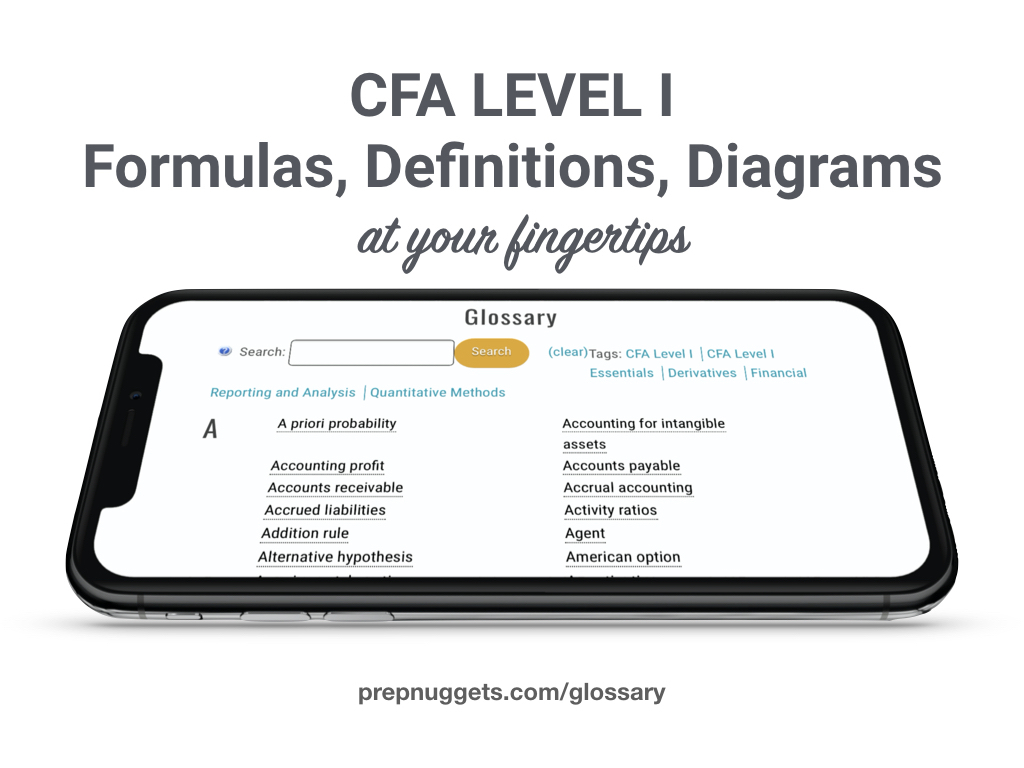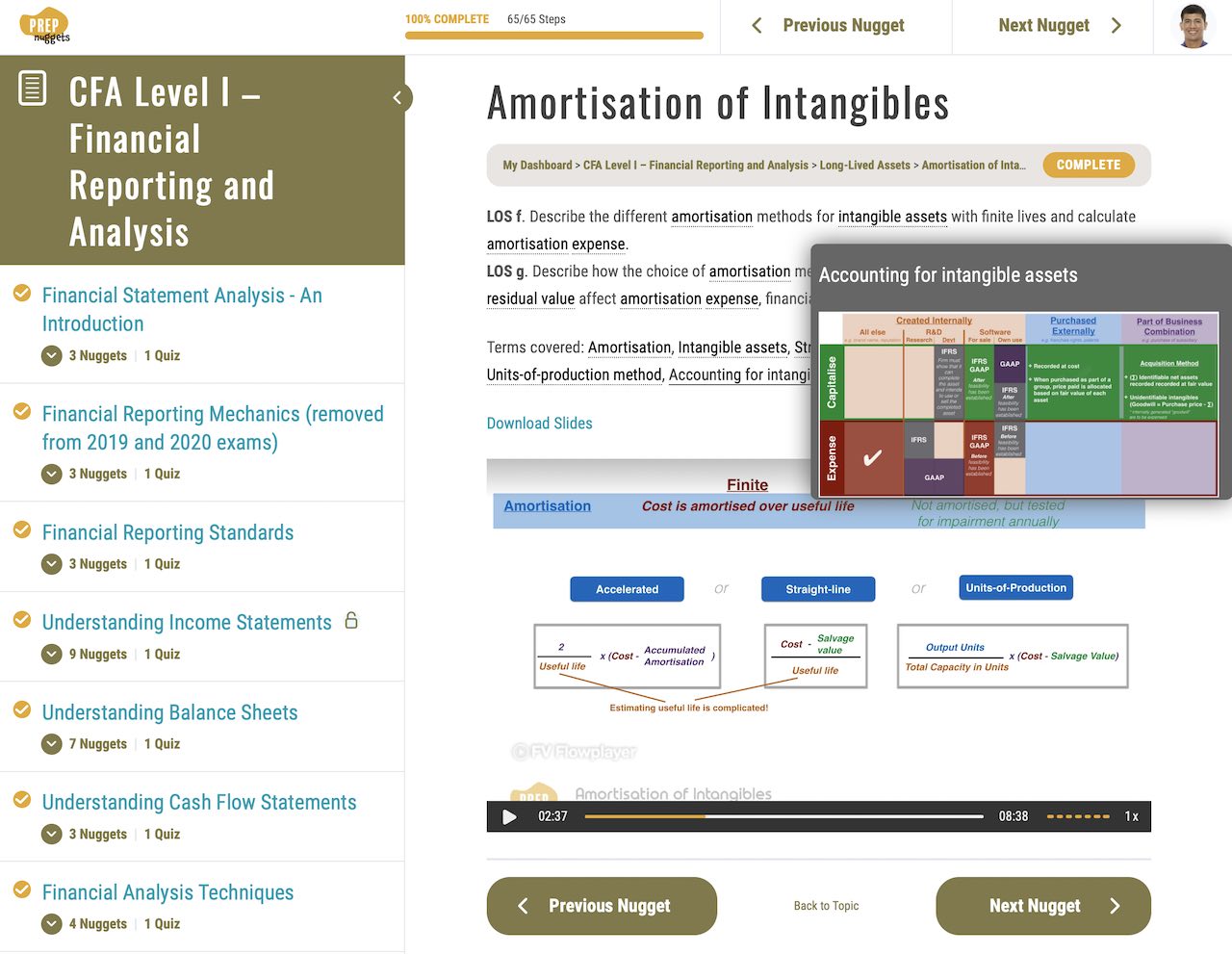Mastering CFA Level I Ethics: Standard III – Duties to Clients (A,B) | CFA Level I Ethics
Today, we’ll dive into one of the most critical standards – duties to clients. Buckle up, because there’s a ton of testable material here, and we’re going to have some fun.
3A. Loyalty, Prudence, and Care
Standard 3A dictates that Members and Candidates owe their clients loyalty, prudence, and care. To break it down:
- Investors’ interests come first.
- Employers come second.
- Self interest come last.
However, always keep Standard 1A in mind: comply with all applicable laws, rules, and regulations. If there’s suspicion of criminal activity, you need to report it.
First, determine who your client is – whether it’s an individual, a pension plan, or a mutual fund. Your duty of loyalty is owed to the ultimate beneficiaries.
Dealing with the Public as Clients
If you’re an analyst publishing research papers and recommendations, your duty of loyalty lies with the investing public as a whole. It’s important to produce unbiased reports, in line with Standard 1B on independence and objectivity.
Portfolio Management and the IPS
When managing an individual’s portfolio, the investment policy statement (IPS) is crucial. It guides your decision-making and helps explain your investment rationale to the client. Display loyalty, prudence, and care by making suitable investment decisions based on the client’s objectives, risk tolerance, and IPS constraints.
Some recommended policies for you and your firm include:
- Making reasonable inquiries into clients’ investment experience, risk/return objectives, and financial constraints.
- Considering portfolio suitability based on clients’ needs, investment characteristics, and total portfolio.
- Diversifying asset classes to reduce risk.
- Conducting regular client reviews and updates.
- Disclosing conflicts of interest and compensation arrangements.
Soft Commission and Proxy Voting
Soft commission, or “soft dollars,” refers to non-monetary benefits or services received by an investment manager from a broker in exchange for directing trades to them. It’s essential to seek the best price and execution for your client. If soft dollars benefit the client, such as through helpful research reports, it’s acceptable. However, any higher brokerage fees related to soft dollars must be disclosed.
As for proxy voting, investment managers should vote on behalf of clients in an informed and responsible manner, prioritizing their clients’ best interests.
Application (Gifts and Entertainment):
Sophia Bell, an investment analyst, is invited by a fund manager to attend a prestigious sports event in a VIP suite. The fund manager wants to discuss potential investments for her clients during the event. Although Sophia’s company policy permits accepting invitations to events where business discussions take place, she fails to disclose this to her supervisor or assess any potential conflict of interest.
Comment: Sophia is violating Standard III(A) by not disclosing the invitation to her supervisor and not evaluating potential conflicts of interest. Her duty of loyalty to her clients should take precedence over any personal benefits she may receive from the fund manager.
Application (Soft Dollars Arrangement):
Alex Thompson, a portfolio manager at XYZ Investment Management, frequently uses the research reports provided by Alpha Brokerage, which offers in-depth analysis on various industries and stocks. In exchange for access to these research reports, Alex directs a significant portion of the firm’s trading activity to Alpha Brokerage, even though they charge higher commissions than other brokers with comparable execution capabilities.
Comment: In this example, the research reports provided by Alpha Brokerage represent soft dollars benefits, as they are services received by XYZ Investment Management in exchange for directing client trades to the brokerage. Alex should ensure that the benefits of the research reports outweigh the higher commissions and that the best execution is still being achieved for the clients, in order to comply with his duty of loyalty and avoid violating Standard III(A).
3B. Fair Dealing
Standard 3B is all about fair dealing. Members and Candidates must treat all clients fairly and objectively when providing investment analysis, making recommendations, taking investment action, or engaging in other professional activities.
Fairly does not mean equally, but firms should strive to disseminate new information simultaneously through all channels. Different service levels are acceptable as long as they’re disclosed and made available to everyone who’s willing to pay.
Investment Recommendations and Actions
When disseminating investment recommendations, ensure all clients have a fair opportunity to act on them. This is especially important when there’s a change in recommendation. You should make additional effort to contact clients who have acted based on your previous recommendation to ensure they are aware of the change.
Maintain a list of clients and their holdings, so you can easily contact those who have an interest in a change in recommendation.
For portfolio managers, Standard 2B requires treating all clients fairly in light of their investment objectives and circumstances. Treat individual and institutional clients fairly and impartially.
Allocating Oversubscribed IPOs
When allocating oversubscribed IPOs, they should be proportionally allocated to all subscribers. To prevent misunderstandings, document and disclose allocation procedures to clients and prospective clients.
If an issue is oversubscribed, members and candidates should forgo sales to themselves or their immediate families to free up additional shares for clients.
Family Members as Paying Clients
If a family member is a paying client, treat them fairly, just like any other client. There should be no favoritism or discrimination in allocating shares based on their account size.
Withholding hot IPOs for personal benefit or using them to entice potential clients is a strict no-no.
Application (Fair Allocation of Investment Opportunities):
Carla Sanchez, a portfolio manager at ABC Investments, comes across an attractive, limited-capacity private investment opportunity suitable for several of her clients. Instead of allocating the investment opportunity fairly among all eligible clients, Carla decides to offer the opportunity exclusively to her most influential and high-net-worth clients, hoping it will help her strengthen relationships with them and potentially bring in more business.
Comment: Carla’s actions violate Standard III(B) as she is not treating all her clients fairly. By prioritizing certain clients based on their influence and net worth, she is neglecting her responsibility to provide equal access to investment opportunities for all eligible clients.
Application (Timely Dissemination of Investment Recommendations):
George Wallace, an investment analyst at LMN Advisors, prepares a research report with a strong buy recommendation for a particular stock. Before releasing the report to all clients, George shares the buy recommendation with his close friends and favorite clients, allowing them to act on the information before others. He releases the report to the rest of his clients only after a few hours.
Comment: George’s actions are in violation of Standard III(B) as he is not treating all clients fairly by selectively sharing investment recommendations. He should ensure that all clients receive the research report and recommendations simultaneously to maintain fair dealing and equal opportunity for everyone.
Wrapping Up Standard III: Duties to Clients (A,B)
And that’s a wrap on parts A and B of Standard III! We’ve covered loyalty, prudence, care, and fair dealing when it comes to our duties to clients. Stay tuned for the next lesson, where we’ll discuss the remaining sub-sections.
✨ Visual Learning Unleashed! ✨ [Premium]
Elevate your learning with our captivating animation video—exclusive to Premium members! Watch this lesson in much more detail with vivid visuals that enhance understanding and make lessons truly come alive. 🎬
Unlock the power of visual learning—upgrade to Premium and click the link NOW! 🌟









